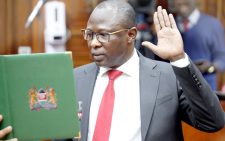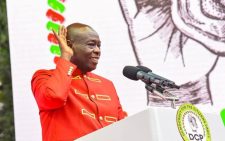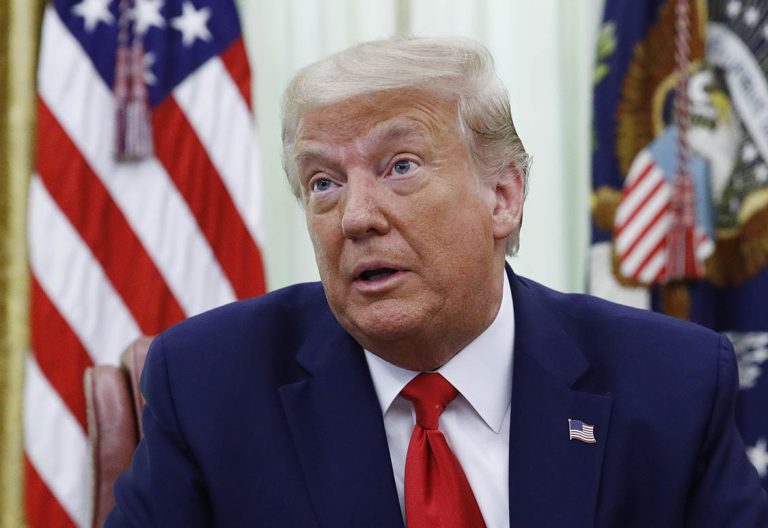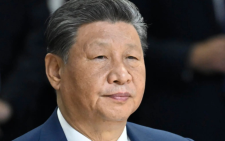Why Kenya is losing global market share to EAC peers
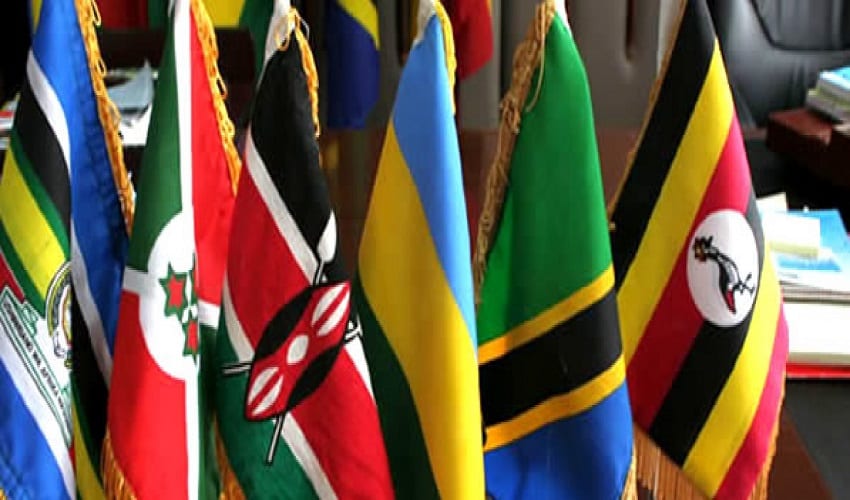
Kenya is fast losing ground to her East African competitors on the global market due to entrenched corruption and tax burden, the latest ranking by a US public policy think tank says.
Heritage Foundation, a Washington-based outfit, ranked Kenya at position 132 globally with a score of 55.3 behind Rwanda, Tanzania and Uganda based on the rule of law, government size, regulatory efficiency and open market.
Kenya is categorised by the 2020 Index of Economic Freedom as the “most unfree” due to poor management of public money, corruption, ineffective judiciary, poor labour markets and barriers to trade.
Economic freedom is the right of every human to control their own labour and property. The freedom to work, produce, consume, and invest in any way they please.
Two decades
“The Kenyan economy has been mostly unfree for more than two decades. Gross domestic product (GDP) growth over the past five years, however, has been robust,’’ the report reads in part.
Kenya is ranked 23rd among 47 countries in the sub-Saharan Africa region and its overall score is approximately equal to the regional average and well below the world average.
“Historically, economic freedom in Kenya has been hampered by weak rule of law, especially government integrity and less-than-stellar performance in investment freedom and financial freedom,” says the report.
The report highlights the cumbersome and opaque process required to acquire land and concerns about security of title, particularly given past abuses related to the distribution of public land.
The findings show that even though the judiciary is generally independent, the courts are undermined by weak institutional capacity. Entrenched corruption is pervasive throughout the country.
Although the government seeks to alleviate structural obstacles to more rapid economic growth and to prioritise trade liberalisation, policymaking and implementation remain vulnerable to such risks as drought, insecurity, corruption, and political squabbling.
“The thinking that Kenya’s lead in East Africa is unassailable is a dangerous delusion,” said Kwame Owino, chief executive officer of the Institute of Economic Affairs (IEA).
Owino said the present investment environment could suffer in terms of the quality and quantity of investments. “Investors choose you against your neighbours and against other countries.”
Labour inspectors
Kenya continues to try to improve its business environment but still lags in some areas. The government is the largest formal-sector employer.
The non-salary cost of employing a worker is low. Labour inspectors are routinely bribed not to report illegal child labour.
The government continues to regulate prices through subsidies (for example, for electricity and maize); agricultural marketing boards; and State-owned enterprises.
